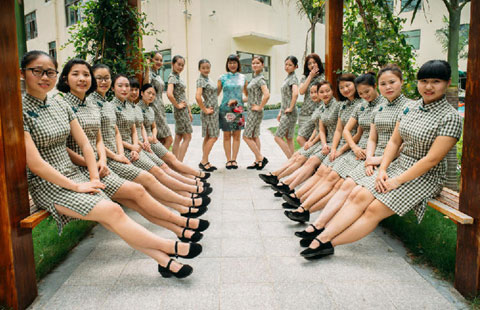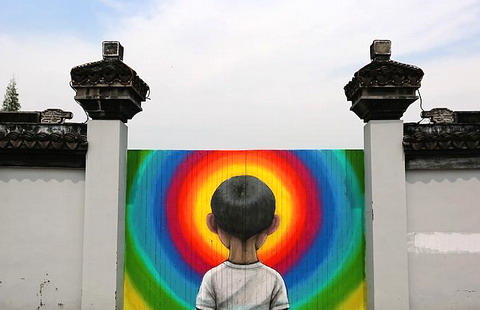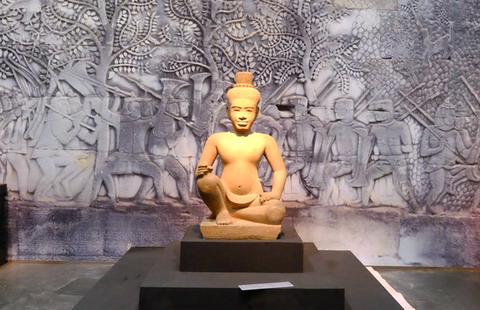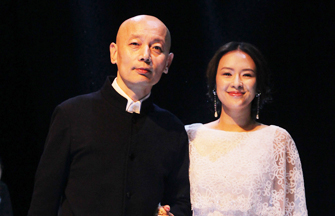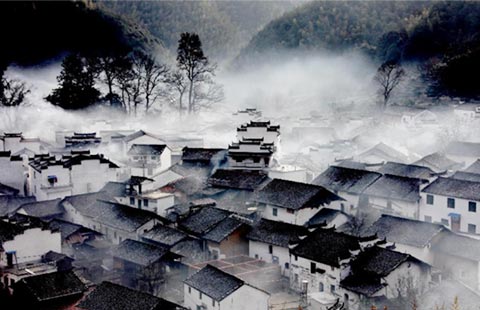Hubei TCM school embraces 'One Belt, One Road' initiatives
By Liu Diangang and Mao Herong ( chinadaily.com.cn ) Updated: 2015-04-28 17:05:08
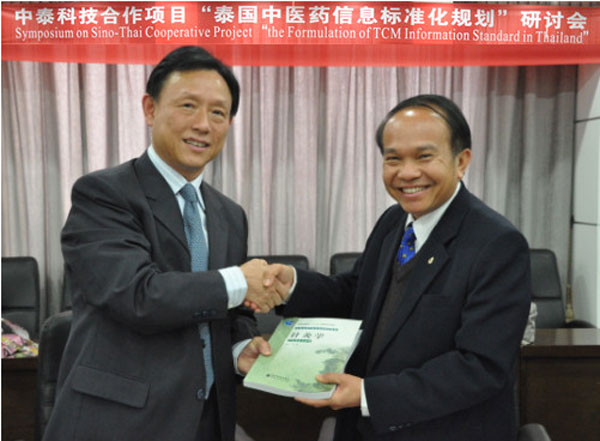 |
|
HUCM president Wang Hua (left) presents his book, Science of Acupuncture and Moxibustion, to the Thai Ministry of Health. [Photo provided to chinadaily.com.cn] |
China will expand cooperation on traditional Chinese medicine with the countries along the Silk Road in the future, according to the country's "One Belt, One Road" initiatives.
Traditional Chinese Medicine (TCM) has been playing an active role in the prevention and treatment of epidemics, infectious diseases like AIDS, malaria, and medical assistance to foreign countries.
The Chinese TCM industry, especially the TCM schools including Hubei University of Chinese Medicine (HUCM), are responding actively in their own ways.
Latest Move
From April 4 to 9, at the invitation of KPJ Healthcare, the leading Malaysian private healthcare provider, a delegation headed by Chen Changhong, director of the International Exchange and Cooperation Department of HUCM visited Malaysia.
During the visit, agreement was made to jointly establish the Sino-Malaysian Center of Traditional Chinese Medicine by HUCM and concerned Malaysian medical institutions.
For HUCM, the Sino-Malaysian Center of Traditional Chinese Medicine is the first special project of international cooperation advocated by the Chinese government, approved by the State Administration of Traditional Chinese Medicine of PRC and supported by central government funds.
Malaysia is a tremendously significant spot on the 21st-Century Maritime Silk Road and a prominent country in the Association of Southeast Asian Nations (ASEAN), where Chinese Malaysians account for almost one third of the total population.
Traditional Chinese Medicine, especially acupuncture and moxibustion, TCM massage and bone-setting are extremely popular among Malaysians, especially among Chinese Malaysians.
|
|
|
|
|
|
|
|

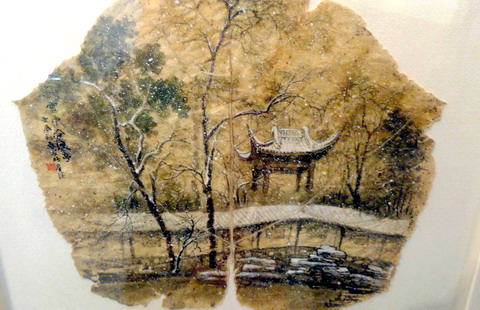

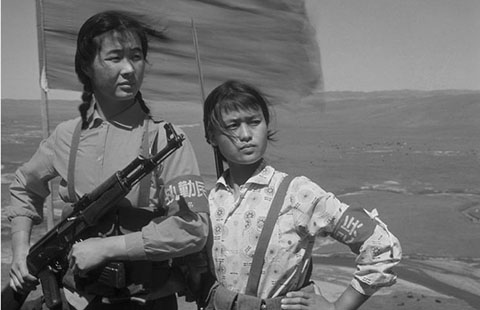
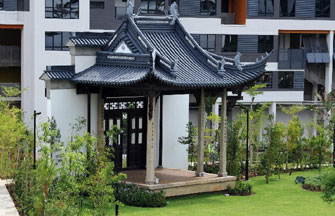


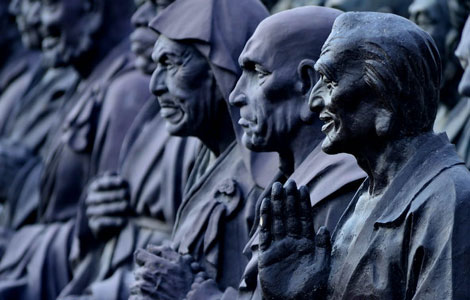

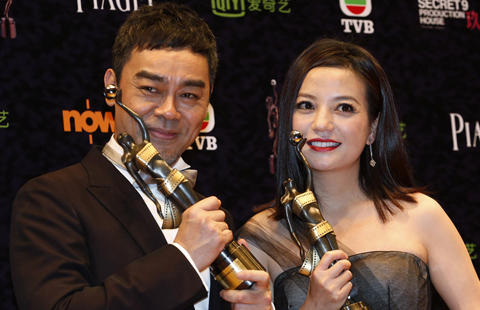

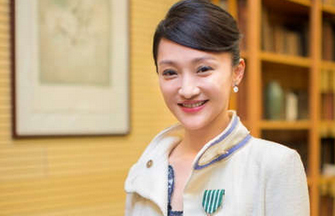


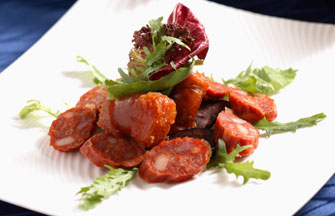







 Raymond Zhou:
Raymond Zhou: Pauline D Loh:
Pauline D Loh: Hot Pot
Hot Pot Eco China
Eco China China Dream
China Dream China Face
China Face
